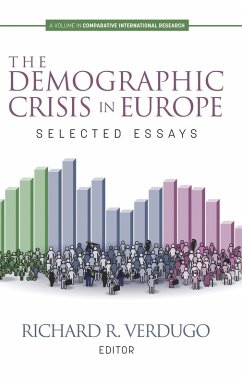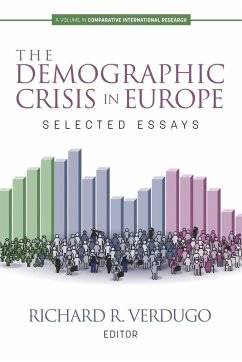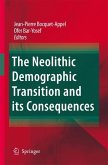By most accounts, Europe has been mired in a "demographic crisis" since about 1970. By a demographic crisis is meant that Europe's dependency ratio is increasing, and the net result has been declining populations and fewer workers to sustain society. However, there are certain issues that need attention. Two topics seem to capture some of these issues: The implications of the possible crisis, and the crisis' assessment. The present volume is organized around both topics (implications and assessment). There are at least three contributions being made by the proposed volume. To begin with, while there are other issues related to the demographic crisis in Europe the present volume should motivate additional research. Secondly, the research in the proposed volume does not necessarily assume that there is a demographic crisis in Europe nor that it is consistent across national lines. Thus, each chapter, in essence, examines a different issue associated with the proposal that there is a crisis. Finally, the present volume makes several methodological contributions. For example, the chapter by David Swanson uses non-Bayesian modeling in studying infant mortality. Richard Verdugo examines the dependency ratio and selected factors on economic growth in selected European nations, Kposowa and Ezzat conduct an assessment, Martins examines variation in the path toward a crisis, Johnson examines humanitarian migration and the crisis, Edmonston examines the association between geopolitics and the crisis.
Hinweis: Dieser Artikel kann nur an eine deutsche Lieferadresse ausgeliefert werden.
Hinweis: Dieser Artikel kann nur an eine deutsche Lieferadresse ausgeliefert werden.








